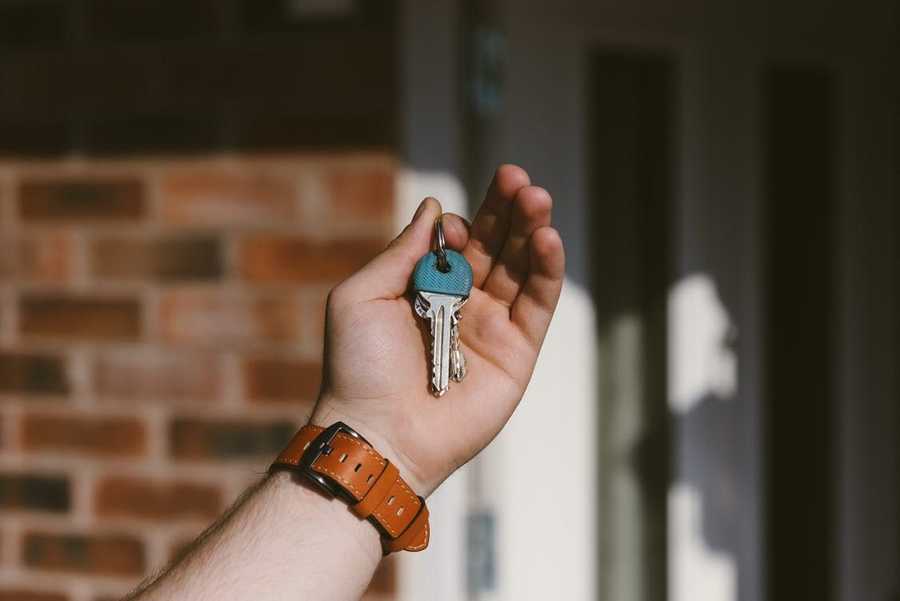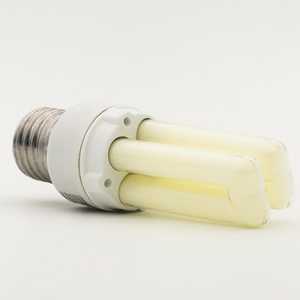What to look for when buying a new home?
Buying a new home? Here are the 11 things you have to check in consider during the initial viewing and later on before making the big decision.

Spring is a great time for buying and selling a property; when the Christmas and half term breaks are over, buyers are in the mood to make changes to their lives. The warmer weather typically kicks things off when we're all a bit more motivated to get looking for a new property or get the house on the market, at least.
With buyers competing to find their perfect home, it's no surprise that many property-buying decisions end up being rushed and impulsive. Once the deal's been sealed there's little that can be done except forking out more cash in case of unexpected problems.
If you go to a viewing and spend less than 20 minutes inspecting the property that's going to be your home for the foreseeable future, you're doing it wrong! To help you remember everything you should be looking for during the initial viewing, we've created a useful guide, which you can even print out and use as a check list.
Of course, in the search of your dream home, money is always tight, and the chances of ending up with an old boiler or leaky taps are not so slim. If you want to ensure that you and your wallet won't be subjected to unexpected stress in the first year, make sure to sign up for one of our Care Club plans. The best news? We don't up the charges for renewal or based on your claims history, so you can count on the same affordable service for many years to come.
Here is what to look for, if you are buying a new home:
Check the walls.
Before you even walk in, carefully check the exterior for cracks. While hairline damage can be expected in older properties, you should be looking for cracks around bay windows, end of terrace walls and big, noticeable gaps.
Look for damp.
Don't trust the fresh coat of paint, especially if you notice it's only been applied in certain places. Look around the ceiling and skirting boards and under the windows, the underside of kitchen drawers and around the base of the toilet. Pay attention if air freshener has been used excessively.
Check the roof.
It's easy to forget to look up, and check the roof, when you're preoccupied with what's in front of you. But roof repairs and replacement can cost you a small fortune, but if you notice it on time you can reduce the asking price for the house if it's something that needs work.
Are there enough power outlets.
Especially in today's constantly connected world, you'd quickly notice if there aren't enough plugs around for all your techy gadgets. Plugs, which are in inconvenient places, have dodgy wiring and extension cords can all be potential health hazards. Having to partially or fully re-wire your new home is the last thing you want after spending thousands on your new property. Check all the lights and wiring yourself, where possible to be sure. Take along a friend who is experienced if it puts your mind at rest.
Water pressure.
While for some people water pressure is not necessarily a big concern, for others can be an absolute deal-breaker. Make sure to turn the shower on during your initial visit to the property (or the taps, if it's an electric shower).
Plumbing disasters.
Check if the pipes are lagged, whether any taps are leaking or if the toilet flushes are working, check the shower and in the loft for anything that may look like it needs repair or attention.
Future considerations.
Are there any old trees close to the property? Their roots can damage the pipes that run into the property and also the paths, pavements and foundations of the house. If the trees aren't yours, check which trees they are and if they have wide root systems and if they are maintained regularly as they can also block out light in summer when the trees are in full bloom. Broken branches and leaves falling and blocking your gutters in winter can also be a pain.
Is the property noisy?
If you notice the TV is on, or there's music playing in the background ask to have it turned off. Make a few visits to the property at different times of the day to judge the noise pollution adequately. If the house is close to a pub, takeaway or a 24/7 shop, your sleep might end up being disturbed, without the proper soundproofing.
Don't forget the locks.
If you moved into a first-floor property and live alone, locks should be on your mind when looking for the ideal home. You wouldn't feel safe, knowing your home can be easily broken into, right? Also, consider the cost of replacing all the door locks as you don't want a situation where a spare key is still left with someone you don't know! Some doors are more expensive than others to replace the locks.
Don't rush into a deal.
If a property deal looks too good to be true, it probably is. Even if your heart is set on the perfect property, make sure to take your time reading through all the documents, visit the area at different times of the day or have a chat with the neighbours. Even if you miss one deal, it's not the end of the world and it might just be for the best.
Stick to your budget.
Don't spend more than what you originally planned. In fact, always try to lower the original asking price, as it's almost certain there will be unexpected expenses in the first year of ownership. And for ultimate peace of mind, take on a Home Maintenance plan like Care Club, because it's always better to leave it to the professionals.
In the end, buying a property, especially if it's your first one is always a big decision, accompanied with tons of financial pressure. When you've ticked all the boxes, the most important question remains "Can you imagine yourself making a home in this place?".
Related advice
There are plenty of actions you can take to help keep your home in check. Take a look here for the latest guides, advice and tips from our experts!
View our latest advice







